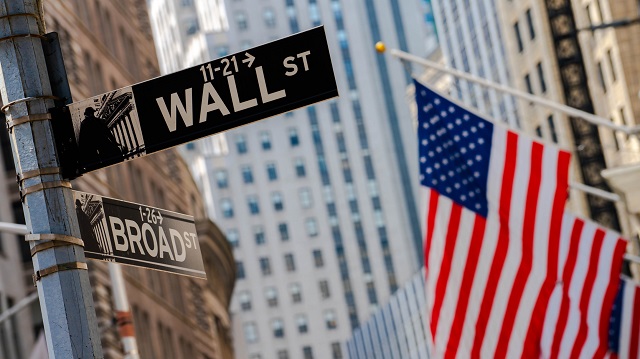
New York, U.S. | Xinhua | Wall Street’s major averages posted mixed results in the holiday-shortened week as investors weighed the fate of additional U.S. fiscal stimulus and impact of a new coronavirus variant.
For the week, the Dow rose 0.1 percent, the S&P 500 lost 0.2 percent and the Nasdaq advanced 0.4 percent. U.S. markets were closed on Friday in observance of Christmas.
The S&P U.S. Listed China 50 index, which is designed to track the performance of the 50 largest Chinese companies listed on U.S. exchanges by total market cap, logged a weekly decline of 2 percent.
Travel-related stocks were under pressure as a new and more transmissible strain of COVID-19 detected in Britain prompted fresh mobility restrictions.
Investors closely followed updates on an additional U.S. COVID-19 relief package as the nation’s virus cases continue to surge.
Republicans in the U.S. House of Representatives on Thursday blocked an attempt from House Democrats to pass 2,000-U.S.-dollar direct payments to Americans, a figure demanded by President Donald Trump.
House Democrats moved to increase the amount of stimulus checks after the outgoing Republican president on Tuesday threatened to veto a 900-billion-dollar COVID-19 relief package unless lawmakers raise the stimulus checks for individuals from 600 dollars to 2,000 dollars.
The U.S. House of Representatives and Senate both approved the relief package late Monday after months of negotiations, sending it to the president to sign into law.
Trump said he wants Congress to increase the amount in the stimulus checks to 2,000 dollars for individuals or 4,000 dollars for couples, calling the 600 dollars for individuals “ridiculously low.” According to the current bill, a family of four would receive up to 2,400 dollars.
The United States has registered more than 18.7 million confirmed COVID-19 cases with related deaths exceeding 329,000 as of Friday afternoon, showed a tally by Johns Hopkins University, both figures the highest in the world.
Data showed the spiral virus outbreak is taking a toll on the nation’s labor market and threatening its economic recovery.
U.S. initial jobless claims, a rough way to measure layoffs, came in at 803,000 in the week ending Dec. 19, following an upwardly revised 892,000 in the prior week, the Department of Labor reported Wednesday. The level remains well above what it was before the pandemic.
U.S. Consumer Confidence Index fell to 88.6 in December from November’s reading of 92.9, New York-based The Conference Board reported on Tuesday.
“Consumers’ assessment of current conditions deteriorated sharply in December, as the resurgence of COVID-19 remains a drag on confidence,” said Lynn Franco, senior director of Economic Indicators at The Conference Board.
*****
Xinhua
 The Independent Uganda: You get the Truth we Pay the Price
The Independent Uganda: You get the Truth we Pay the Price



